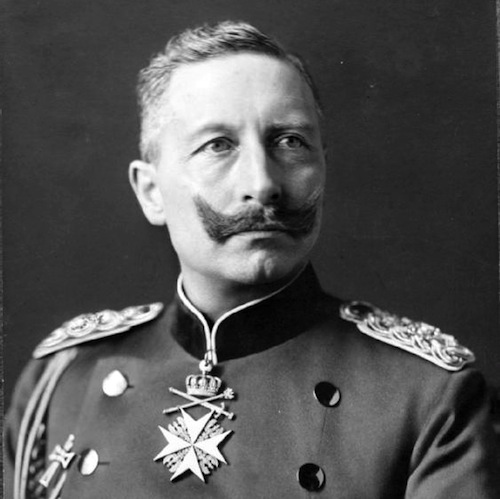 Culture & Ethics
Culture & Ethics
 Evolution
Evolution
A German Genocide Before the Nazis

Call it a "distortion" of Darwinian theory if you like, as does author John Lewis-Stempel, but the patent genocide of Germany under Kaiser Wilhelm II against its African conquests a quarter century before Hitler’s regime has all the marks of eugenics science policy.
The German atrocities under the Second Reich a little over a century ago have not been well-covered in contemporary literature, perhaps because the numbers involved were small compared to the killings that took place later in Europe under the Third Reich. But the genocidal policies were notable for two things, as Lewis-Stempel’s article makes clear: 1) their sadistic cruelty; and 2) the explicit racism tied to evolution that inspired them.
"The Lebensraum policy of expansion was advocated by the 19th-century German geographer Friedrich Ratzel, who distorted Darwin’s theory of evolution to proclaim that migration was necessary for a race’s survival," Lewis-Stempel writes in the Sunday Express.
It was a policy later adopted by the Nazi Party, but back in the 19th century an uncrowded ‘New Germany’ was to be created on African soil. The seizure of land from the Herero and Nama peoples was conveniently alibied by their ‘inferior’ racial status.
The Africans were defeated in battle, then the survivors were starved and poisoned.
Darwinists today hate this kind of story because they don’t want the racism that Darwin offered analytically in The Descent of Man to implicate him in the crimes that followed. It’s fair enough to say that Darwin would have been appalled by the policies Germany followed in both genocides. But so, too, may some of today’s Darwinists as the unintended consequences of current eugenics policies — backed by Darwinists like Peter Singer — roll out in years ahead.
An important word in the culture wars: "consequences."
